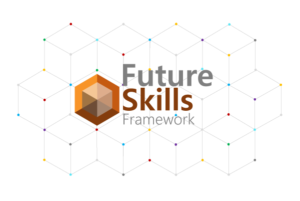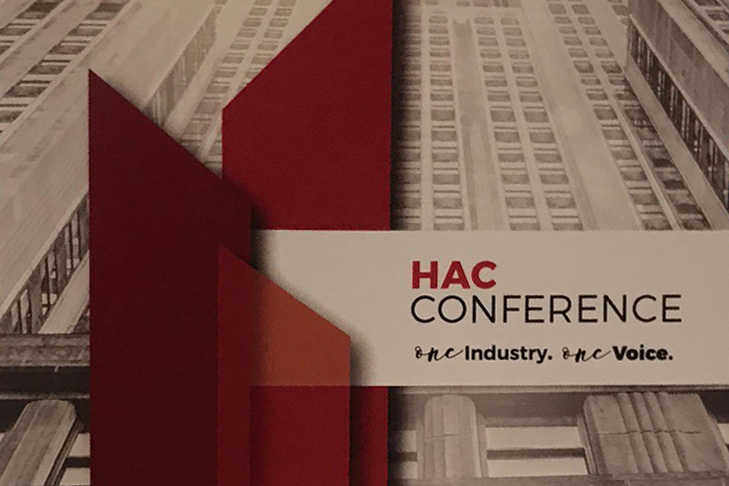A strong turnout and inspiring, timely discussions made for another successful annual Hotel Association of Canada (HAC) Conference. Held February 27 and 28 in Toronto, the conference theme “One Industry. One Voice.” reflected an industry that is banding together in the face of a rapidly growing tourism economy and complex challenges, from disruptors like the sharing economy to the ongoing labour shortage.
With labour challenges being a key concern for many hoteliers, Tourism HR Canada partook in two sessions at this year’s event. Delegates learned about current and upcoming research on critical labour issues and provided vital feedback to ensure two of our major initiatives, the Future Skills Framework (below) and Destination Employment (click here), reflect the needs of a variety of stakeholders, from employers to job seekers and from education to government.
Redressing Skills and Labour Mismatches
 In an interactive breakout session titled Defining the Future of Tourism Skills, Calum MacDonald, Tourism HR Canada Vice President, Labour Market Intelligence, led a discussion on labour market research, the changing nature of work, and the Future Skills Framework project.
In an interactive breakout session titled Defining the Future of Tourism Skills, Calum MacDonald, Tourism HR Canada Vice President, Labour Market Intelligence, led a discussion on labour market research, the changing nature of work, and the Future Skills Framework project.
He noted Canadians’ growing focus on the economic importance of tourism and the key role of the hotel industry in supporting tourism’s growth. Hotels are obviously essential to the expanding demand of overnight international travellers, and recent research shows:
- International overnight tourists stay longer and spend more
- U.S. overnight travellers spend an average $470 per trip, of which 40% is on accommodation
- Non-U.S. overnight travellers spend an average $1,650 per trip, of which 35% is on accommodation
He also elaborated on the labour shortages impacting tourism employers; these are expected to worsen and could be further exacerbated if skills mismatches and employment gaps are not addressed.
This led to introducing the Future Skills Framework project—a competency framework for the tourism sector that looks to redress skills and labour mismatches. The framework will not just embody current practice, but also describe what skills will be needed to perform effectively in the future. Covering all five industries in tourism (accommodations, food and beverage services, recreation and entertainment, transportation, and travel services), it will provide interactive resources to:
- Assist job seekers, employers, educators, and governments to better understand the skills and competencies employers are looking for
- Help job seekers in identifying the skills they have and how they relate to specific employment opportunities
To identify existing skills gaps among both new frontline workers and experienced supervisors and managers, delegates completed a survey.
For essential social employability competencies—the skills that people need for work, learning, and life—employers pinpointed:
- Managing stress/resiliency
- Problem solving and thinking skills
- Listening skills
For hotel supervisors and managers, employers identified these areas as most in need of upgrading:
- HR skills: train personnel, establish a human resource plan, and manage employee performance
- Business management skills: develop a business plan and manage a business continuity crisis
- Administrative skills: administer financial controls and procedures and maintain accounting records system
- Risk management skills: develop and comply with a risk management plan
- Marketing skills: monitor marketing activities and manage marketing materials
Agree? Disagree? We want to hear from tourism stakeholders across the country. The Future Skills team will be hosting events throughout this year. To register for a session near you, please email FutureSkills@TourismHR.ca or visit the project webpage.

